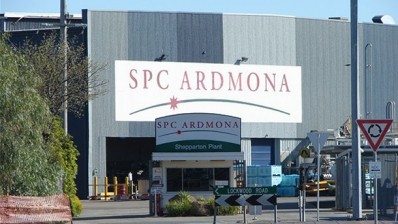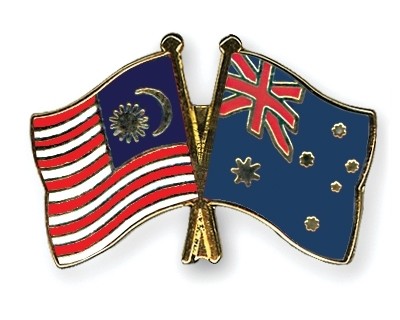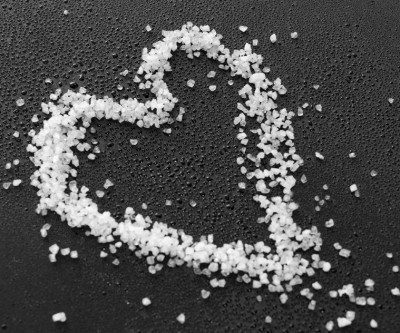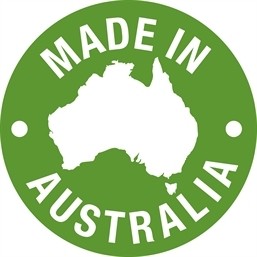Australian watchdog refuses to impose barriers for processed imports
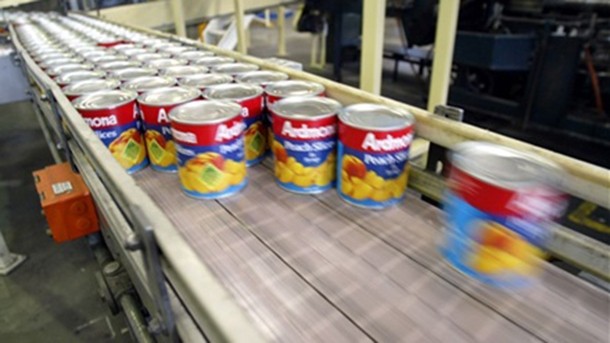
The commission, which looks at a range of economic, social and environmental issues affecting the welfare of Australians, inquired into the issue after food processor SPC Ardmona said a significant increase in cheap imported canned fruit and tomatoes had resulted in an uneven playing field.
Under two accelerated reports, the commission said that as of now, emergency safeguard measures against imported processed fruit and tomato products are not warranted.
“The commission has found that recent increases in imports of processed citrus, pears, apricots and ‘other fruits’ are unlikely to be sufficient to meet the terms of Article 2.1 of the Agreement on Safeguards,” said the commission, referring to the WTO agreement on safeguards.
On SPC Ardmona, the commission noted:“It had not provided compelling evidence to support its contention that its manufacturing facilities would be closed if provisional safeguards were not applied.”
“The company still supplies the majority of processed fruit products sold in Australia and has recently signed contracts with growers for the 2014 season,” it said.
Pushed by imports, says SPC
This decision marks a significant waypoint in the struggle between Australia's food processors and its two dominant supermarket chains—Coles and Woolworths—which have been relying heavily on cheap imports to boost their private label chain.
In its submission to the commission, SPC Ardmona had also marked out the two for its precarious position in the Australian market, which pushed it to cut supplies from over 170 growers in the Goulburn Valley region.
“The major supermarket chains, which traditionally claimed publicly that they supported Australian produce, moved strongly from 2010 to import products cheapened by the exchange rate appreciation and, unknowingly to them, cheapened also by dumping, for their strategy of developing private label products,” SPC Ardmona said.
“The decline in sales volumes caused by the imported canned multi-serve fruit has resulted in SPCA experiencing higher costs to make and sell during the period from 2010 to 2013 with average cost to make and sell increasing by 19%. This was due to loss of critical economies of scale which in turn lead to poor overhead recovery,” it added.
Private labels not the lone cause
Taking note that the dominance of the Australian supermarkets was an important factor in the overall food processing sectors, the commission said that its view at this time was that the damage to the domestic industry was caused by a range of factors.
“Loss of exports, reduced consumer demand and higher costs including labour costs are relevant,” it said. “Private label strategies are also relevant. Imports enabled certain supermarket pricing strategies to take place, but imports themselves did not vary downwards in price.
“Supermarket decisions on pricing strategies and product sourcing were made domestically, rather than being caused by changes in the world market for processed fruit products.”
